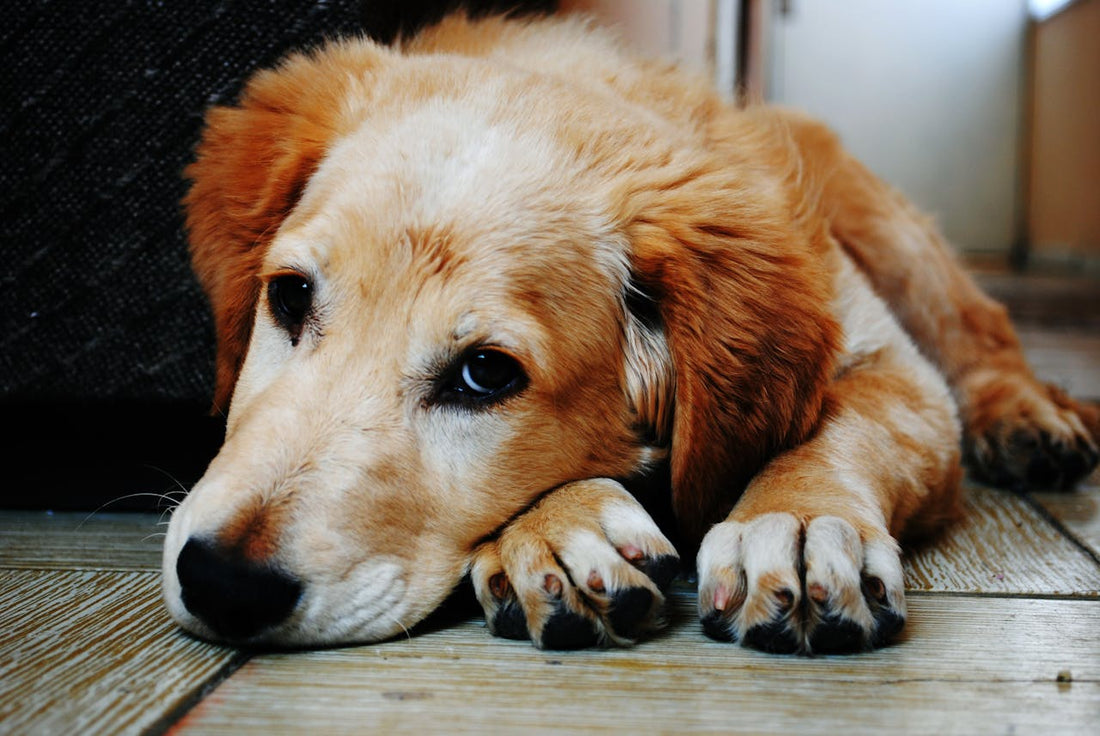How to Help Your Dog Overcome Fear of Loud Noises

Many dogs experience anxiety during loud events, such as thunderstorms, fireworks, or even everyday household sounds like vacuum cleaners. Understanding your dog's fear and learning how to manage it can significantly improve their quality of life. Here are some effective strategies to help your dog overcome their fear of loud noises.
Understanding Noise Anxiety in Dogs
Noise anxiety is a common issue that affects many dogs, leading to behaviors like barking, whining, hiding, or even destructive actions. It’s essential to recognize the signs of anxiety early on to provide your dog with the support they need. Signs may include:
- Cowering or trembling
- Pacing or restlessness
- Seeking hiding spots
- Excessive barking or whining
- Loss of appetite
Tips to Help Your Dog Cope with Noise Anxiety
1. Create a Safe Space
- Designate a quiet area in your home where your dog can feel secure during loud events. This space should be comfortable, with their bed, toys, and some calming blankets.
- Use white noise machines or fans to help drown out the external sounds.
2. Desensitization Training
- Gradually expose your dog to recorded sounds of fireworks or thunder at a low volume.
- Reward your dog with treats and praise when they remain calm during the exposure. Slowly increase the volume over time, ensuring your dog stays relaxed.
3. Provide Distractions
- Interactive toys and puzzles can engage your dog’s mind and help distract them from the noise. Products like treat-dispensing toys can keep them occupied.
- Play their favorite games, such as hide and seek or fetch, to redirect their attention.
4. Calm Music or Sound Therapy
- Consider playing calm music or sound therapy specifically designed for pets during loud events. These soothing sounds can help create a calming atmosphere for your dog.
5. Thundershirts and Calming Products
- Thundershirts or anxiety wraps apply gentle pressure to your dog’s body, providing a sense of security. Many dog owners have reported positive results with these products.
- Explore other calming products like pheromone diffusers, which release calming scents that may help soothe anxious pets.
6. Consult Your Veterinarian
- If your dog's anxiety is severe, it may be helpful to consult your veterinarian. They can recommend behaviorists or provide medication to help manage your dog's anxiety in extreme cases.
7. Avoid Punishment
- Never punish your dog for being afraid. This approach can worsen their anxiety and damage your relationship with them. Instead, focus on positive reinforcement and creating a supportive environment.
Conclusion
Helping your dog overcome their fear of loud noises takes time and patience, but the results are worth the effort. By creating a safe space, using distraction techniques, and providing calming products, you can significantly reduce your dog's anxiety. Remember to be patient and consistent, and consult with professionals when needed.
